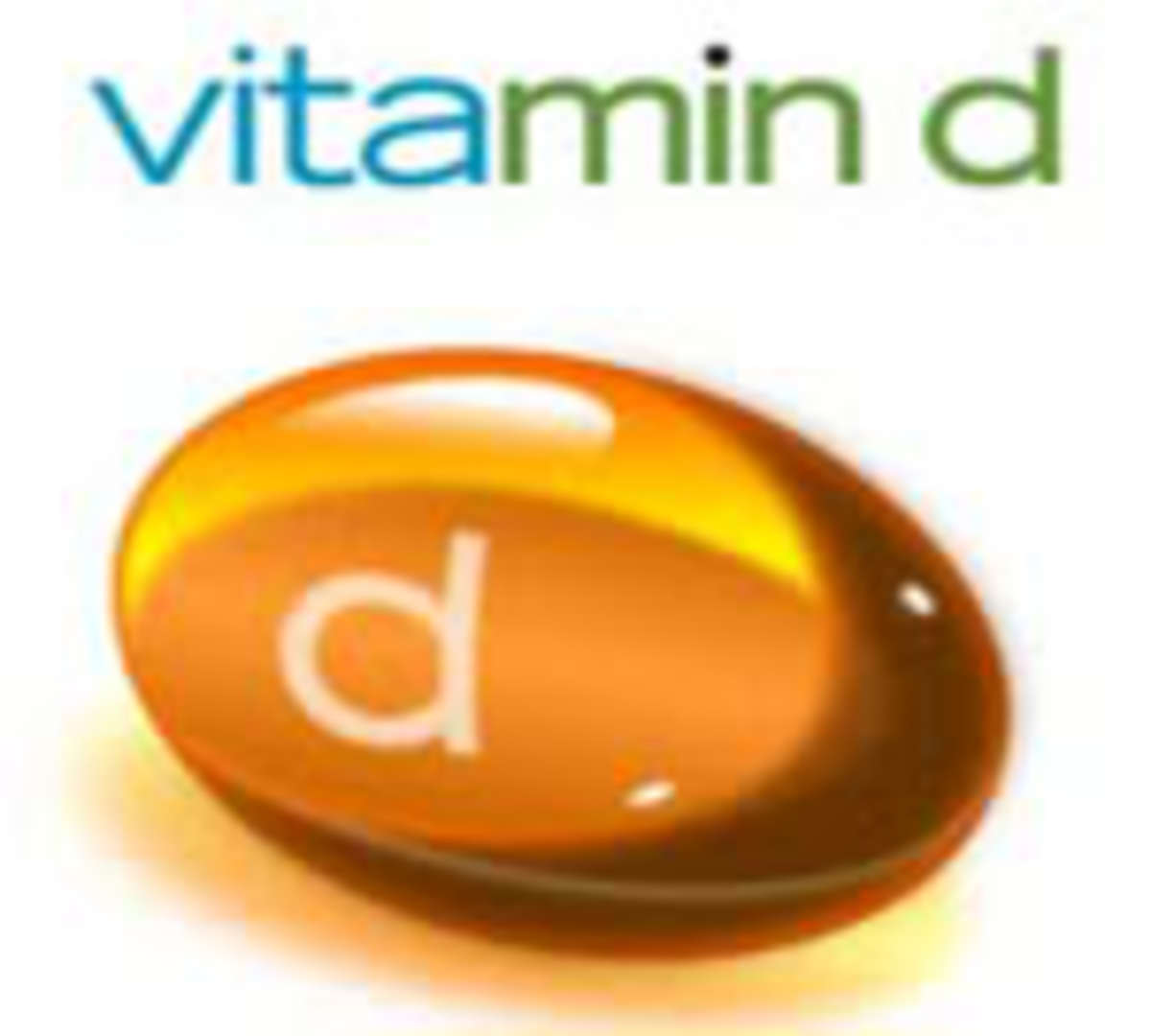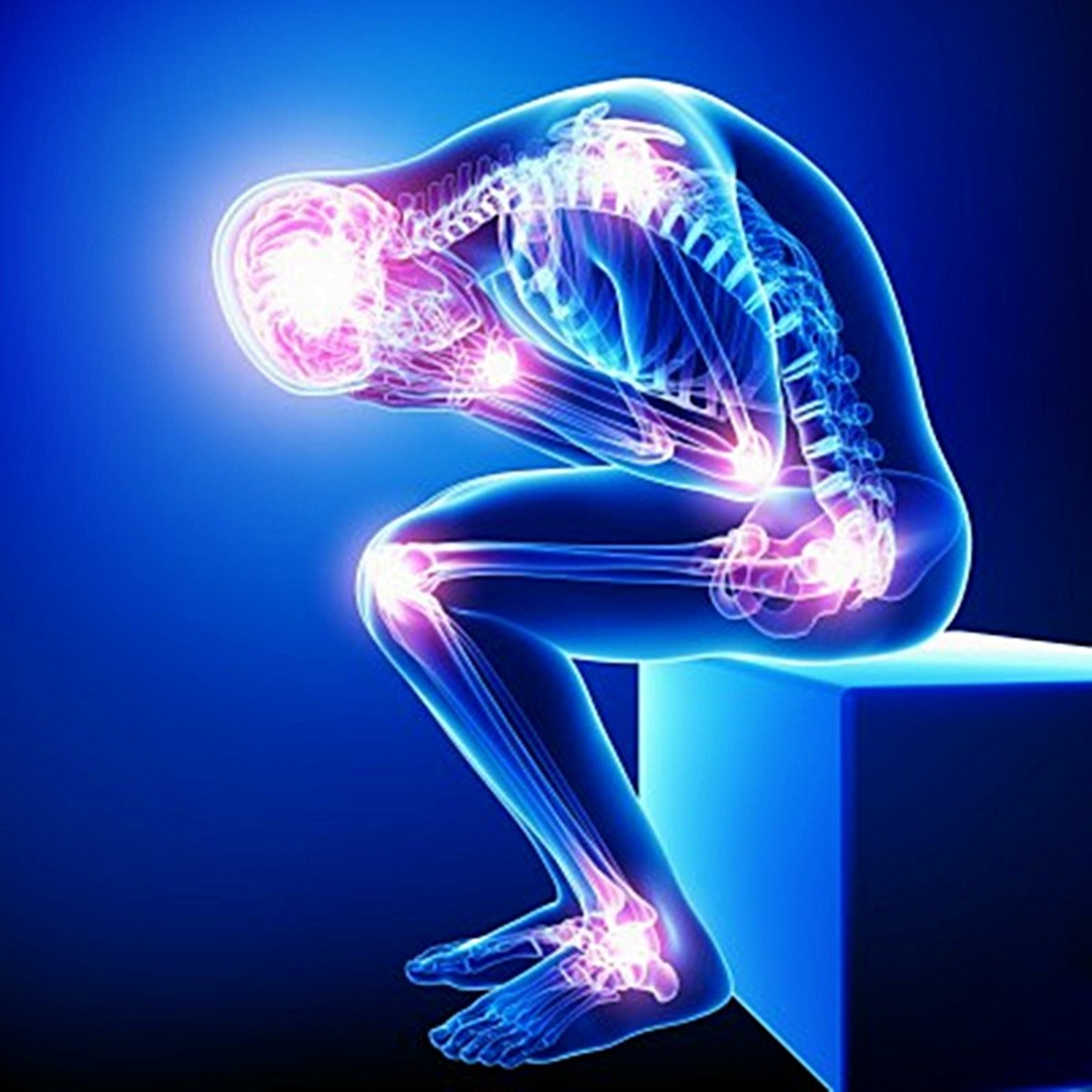Restore Vitamin D Levels Without Sun Exposure

The deficit in vitamin D levels is apparently related to a wide range of diseases, be they autoimmune or even depression, and their absence is also involved in issues related to cardiovascular diseases. This means that there are certain risk factors for hypovitaminosis D (lack of sun exposure, poor eating habits, and also intestinal absorption) that must be combated as much as possible.
Tobacco, in conjunction with a weak diet, also hinders better and greater production and absorption of vitamin D in our body, something that can influence our health.
Vitamin D is necessary for the proper functioning of the immune system, which is the body's first line of defense against infections and diseases. This vitamin plays a critical role in promoting the immune response, having anti-inflammatory properties and being crucial for the activation of the immune system's defenses.
It is known that vitamin D improves the function of immune cells and that low levels of it are associated with greater susceptibility to certain pathologies.
At this stage, when we are at home and can only go out for strictly necessary situations, it is not so easy to enjoy direct exposure to the sun so that, in this way, it is possible to absorb the benefits of this protective element. However, fortunately, there are several ways to get your recommended daily dose.
We can absorb this vitamin through simple gestures, which do not involve going outside.
Sit by the window
Try to sit by an open window for a while. This can help not only get vitamin D, but also improve your mood a little. If you have a balcony, the better. Enjoy the sun's rays for 10 minutes a day.
Look for foods rich in vitamin D.
Consider consuming some foods enriched with vitamin D, such as selected cereals, oats, orange juice, fish, vegetable milks and vegetable yogurts.
Orange juice, in addition to providing an abundance of vitamin C, is also a great way to get a little more vitamin D into our system.
On the other hand, cooking some eggs can also be truly effective at this point, mainly due to the yolk, which is extremely rich in this nutrient. If you really want to strengthen your system, make a mushroom omelet, as they are also a great source of vitamin D.
Because there are few foods that naturally contain high levels of this vitamin, this element is often added to basic products in a process known as fortification. Some examples are cow meat, almond or soy milk, ready-to-eat cereals, some types of yogurt and tofu.
Eat a calcium-rich diet.
Vitamin D and calcium work together to strengthen bones. Make sure you get enough calcium from your meals. Remember to include dairy products and vegetables in your diet. Look for foods rich in vitamin D.
Take a supplement.
Considering that you can still stay home for a while - and that you will probably not eat as many fresh products as usual - taking a high-quality multivitamin supplement may be the ideal solution for today.
Physical exercise.
Regular exercise is a valuable aid in the production of vitamin D. Some research suggests that certain types of training reduce the risk of heart disease, which may be due to the fact that they increase the presence of this nutrient in the body. This situation can also happen more concretely with those who train outdoors since in that circumstance we tend to be more exposed to the Sun.
This content is accurate and true to the best of the author’s knowledge and is not meant to substitute for formal and individualized advice from a qualified professional.








